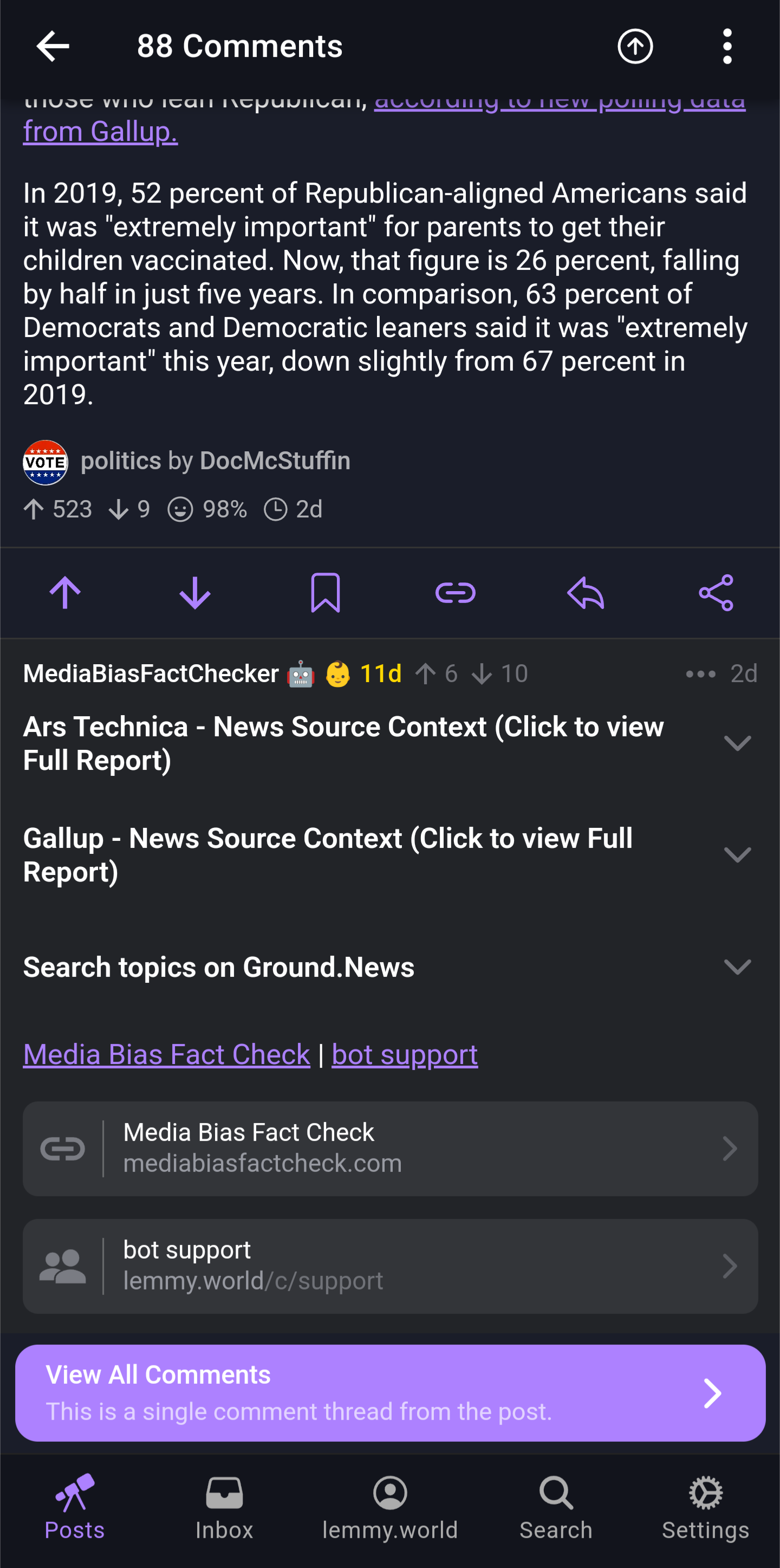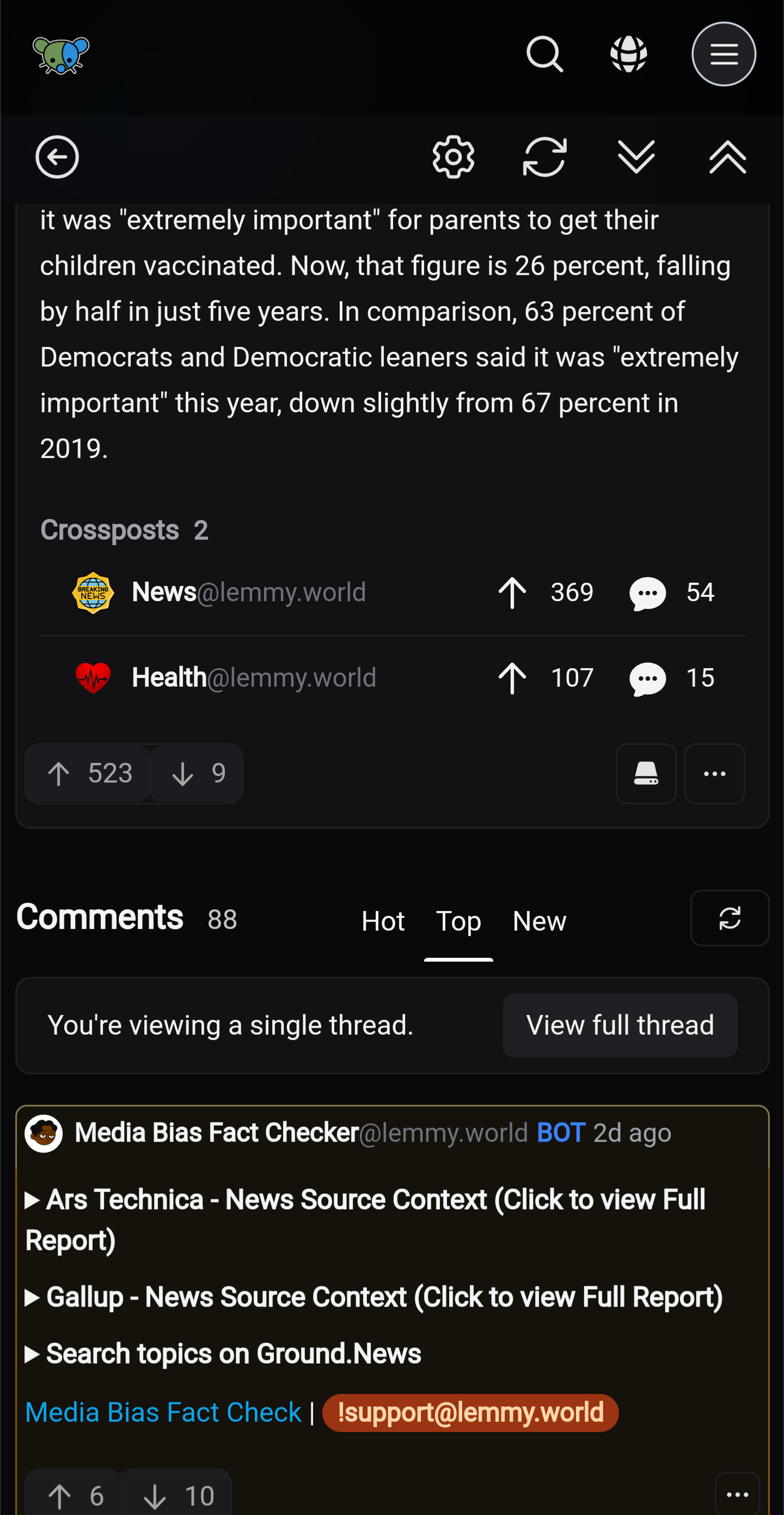

I have no idea how to make beer…


I have no idea how to make beer…


about which distro to use and got a range of suggestions but none of them were arch.
I think Debian is usually the strongest contender here.


I don’t even use proprietary apps so most if the “security features” aren’t even useful to me
So only proprietary apps may have malware? Malware aside, only proprietary apps may have bugs that can be exploited? And all nonproprietary apps are perfectly safe? But seriously, there is so much wrong with that thinking.
Apps aside, GrapheneOS protects the actual OS and is kept up to date, much quicker than pretty much any other variant.
It is overly complex for no benefit to me.
What’s overly complex? Contact and storage scope I mentioned? You don’t have to use it. Separate profiles for work I mentioned? Again, don’t have to use it. GrapheneOS is one of the closest OSes to AOSP that I’ve seen. You could even just install the Play Store (which is in a sandbox by default, with no root, and you don’t have to do anything to specify that), only use the owner profile, and you get all of the security benefits with no extra work. You introducing F-Droid and using all nonproprietary apps is more complex than GrapheneOS out of the box.


Graphene sucks the life of android in my humble option.
What’s not “fun” or lifeless about it? It’s a phone. I use it exactly as I would a normal Pixel, with the exception of having the convenience of Google Wallet.
Everything is about security with anything else being second.
Would you rather it be all about fun/having life with everything else being second? That doesn’t sound safe. And I’m still confused about you saying it having no life.
I will say what I do differently vs a normal Pixel, is I use the storage scopes and lock certain apps to certain folders as well as contact scopes to lock certain apps to only see certain people. I don’t use my phone for work, but if I did, that would be a separate profile/user.


This is what i see on connect.
I’d take this feedback to your app dev. Here’s Voyager and Tesseract.




With Graphene, the recommended way is to use separate profiles, not Shelter or similar apps. Check out the official Graphene account on their forum:
https://discuss.grapheneos.org/d/12503-shelter-versus-native-gos-app-isolation-tradeoffs/10
They are expensive
Sometimes you get what you pay for, and…
I don’t want to give money to Google
I get that, but your purchase (the entire Pixel department, to be honest) is a drop in the ocean to their profits. They won’t notice you not buying one at all. You’re handicapping yourself in the mobile security arena (not being able to install GrapheneOS) to take the high ground and not effect a tech giant.
That aside, if you really don’t want to give Google, buy one from a reseller and not from the Google Store.
Do they all really? I know GrapheneOS does, and I think DivestOS even says “use my OS to stay as up to date as possible, but if you have a current/supported Pixel, use GrapheneOS instead for superior security.” But I don’t recall other OSes really going “we’re more secure than GrapheneOS and here’s why.”


It’s doomed to become a nazi bar…you can just go to an instance with admins you trust better or make your own instance
Ok, how is that different than Nostr? Don’t like your Lemmy instance admins rolling against your Nazi views? Join a different instance. Nazi sympathetic instance gets defederated by everyone else? Make your own instance.


But generally I’m not a fan of the stuff I’ve heard and read about the Nostr protocol so far.
Can you elaborate?
That’s the joke.
Other than Google pay…
Google Pay’s Tap to Pay does not work on GrapheneOS.
Startpage, which is still recommended over at privacyguides.org
For now. There is an open pull request to remove it due to Startpage fingerprinting users (I didn’t delve into it to see if it’s true, but that was the reason given). And just because it’s been suggested doesn’t mean it will be removed, so time will till.
https://github.com/privacyguides/privacyguides.org/pull/2577


Sounds to me like you need an upgrade. I tried Jerboa, but it felt like it always lagged behind or was buggy for some reason. Then I switched to Voyager, which gets constant updates. Also, it’s a PWA, so I don’t need an app and it can thus be used on mobile, tablet, desktop, etc. Not to mention the theming is one of the best, in my opinion.


The ending period? Not for me on Voyager.


Even their server codes are publicly available
Last I checked, their provided server code lags behind their production server, so you rarely get to see the current version. However, that’s kinda the point of E2EE, is you don’t have to trust the server.


Out of curiosity, can you link where Proton said they don’t have the user’s recovery email, that the users themselves attached to their Proton account?
Yes, you need an Internet connection at some point. This can be a cafe, a library, an office, your house, friend’s house, etc. As for controlled by the government, well, that depends on your country.
Worst case, if possible, you can move countries. I understand that might not be feasible, but my point is, you can move countries to escape the government and Internet restrictions. But the government locks your account/bank? Moving countries doesn’t fix that, and you’re locked out of any money you had there.
But even if I have a server, I’ll have to have my own separate Internet if I really want to be able to pay unrestrictedly.
Separate Internet? I mean, yes, you do need Internet. Not sure what you mean by “separate.” And you don’t need a server (node), though they are handy for privacy. You could choose one that is reputable.
Otherwise the government would just shut down my internet connection, right?
If they knew where it/your Internet was. All you really need is your phone or PC. You could use a cafe or library or cell tower or etc.
To be fair, while you may not be getting money in its direct form (cash, bank deposit, etc) from Google, they are providing you a service which costs them money for free. So they are providing something of monetary value.
Only the individual can determine if their data is worth that free (to the individual, not free to Google) service. I’m assuming that most people in a privacy community would be against that, though.